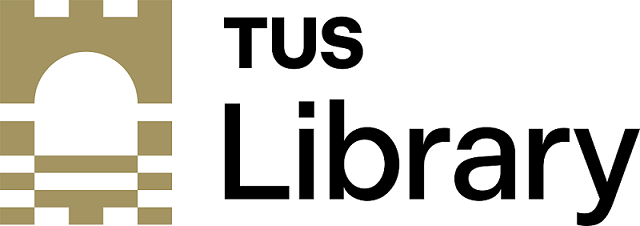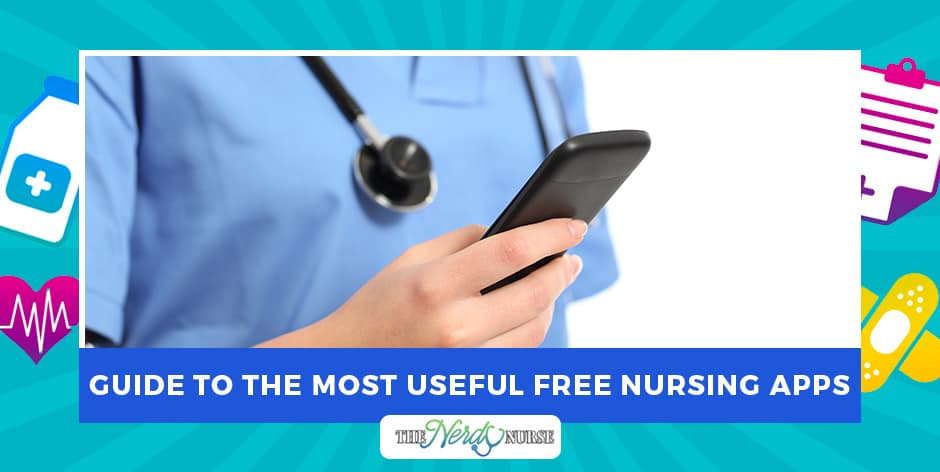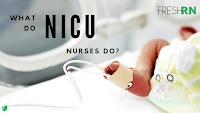Everything found in the universe is made up of energy. This goes for both physical and nonphysical objects.
Basic physics and chemistry tells us that a physical object, such as a building, a tree, or this book, is made up of billions of individual atoms—little energy bundles that interact and bond with other atoms into many forms including water, metals, plants, soil, plastics, wood pulp, and other raw materials used to manufacture physical objects.
Nonphysical things—including thoughts, whether positive or negative thoughts are also made up of energy and, can also “bond” and interact with aspects and objects of our physical world.
How We Interact With Positive and Negative Energy
It’s well known, for instance, that our brain waves are a form of intense energy that can be easily detected with standard medical equipment—and that can interact with our physical world as any other form of energy would. Perhaps you’re wondering, what do I mean by “interact with our physical world”?




























